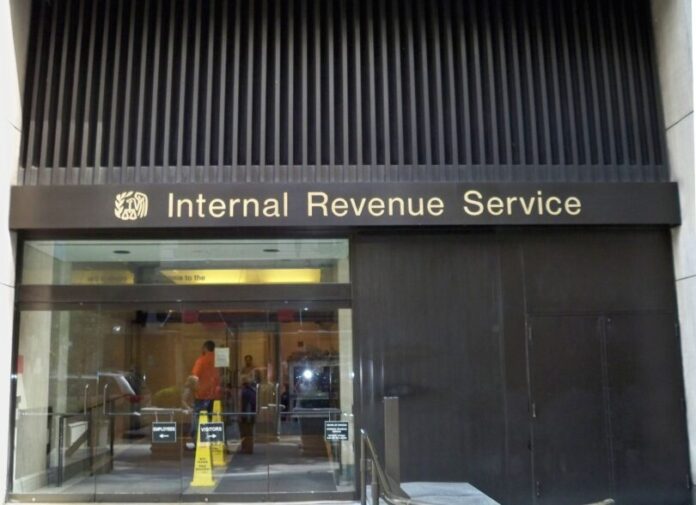
By Stacy M. Brown, NNPA Newswire Senior National Correspondent
Three current and former Internal Revenue Service employees say that the IRS has quietly built a prototype system to let Americans file their tax returns digitally and for free.
According to a published report, the move amounts to government software that could shake up the tax-prep business.
The IRS and the U.S. Digital Service, a technology advisory arm of the White House, created the software.
A small group of taxpayers will have access through a trial program by January 2024, when the 2023 filing season starts, according to people who were briefed on the matter but asked to remain anonymous to talk about internal agency conversations.
The Inflation Reduction Act from last year, one of President Biden’s most critical congressional wins, gave the IRS $15 million to look into making a direct filing program.
The tax office reportedly asked the New America think tank, which leans to the left, to look into the issue and write a report due this week.
Currently, the IRS sends people who want to file for free to a group of companies offering free e-filing to taxpayers with incomes below a certain amount.
The Washington Post noted a report from the Government Accountability Office that said that even though 70% of taxpayers are eligible for these goods, less than 3% use them.
Industry giants Intuit TurboTax and H&R Block offer free goods that the IRS does not officially back for a smaller group of taxpayers.
IBIS World, a research company, says the paid tax preparation services market will be worth $14.4 billion this year.
A free filing system from the federal government could upset that market.
By most accounts, the method of using commercial programs for online filing has been good for both taxpayers and the government.
The IRS said approximately 9 of 10 individual tax returns were made digitally in 2022.
Additionally, years of study in the U.S. and Europe show that the U.S. voluntary tax compliance rate of 85.1% is among the highest of developed economies.
The percentage of tax filers who pay their federal taxes correctly each year also reportedly remains high.
But some experts say that the private-public partnership shows the IRS’s lack of technology.
The Inflation Reduction Act gave the IRS $80 billion over ten years to help it crack down on people with high incomes, improve services for taxpayers, and update its technology.
The Biden administration said that the IRS needs more money to catch tax cheats and help low- and middle-income Americans qualify for various tax credits.
When the IRS told Congress how it planned to spend that money in April, Commissioner Daniel Werfel said the agency would think about a “question-based electronic service to prepare and file tax returns directly with the IRS.”
Through secure online portals, taxpayers could also ask for help from customer service agents under the plan.
This could cut into another way that tax prep companies try to be different from the IRS by offering premium services that include lawyers and accountants.
Disclosures show that Intuit spent more than $1 million lobbying the House and Senate from January to March on topics like “tax system integrity” and “protecting intellectual property.”
According to its disclosure papers, H&R Block spent $720,000 on lobbying for anti-poverty tax credits, “tax administration,” and “Internal Revenue Service funding” during the same period.


